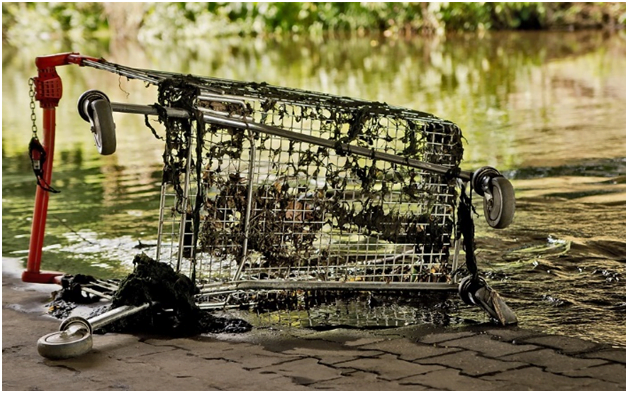The Dangers of Contaminated Water

It seems an obvious fact that clean water is a necessity. However, it is also a fact that there are many people who do not have access to reliably safe and clean water on a daily basis, and we need to be aware of the dangers posed by improper wastewater treatment to human life.
The alarming statistics
In July of 2017, the World Health Organisation(WHO)said that a total of 2.1 billion people are known to be without safe drinking water at home. Even more alarming is that they said around 4.5 billion do not have access to safe, clean sanitation.
That tells us that between 3 and 6 in every 10 people are severely at risk whenever consuming or using water.
The health risks
While wastewater treatment in more developed are as protects many people from these risks, those billions who come into contact with contaminated water are exposed to various waterborne contagions. Diseases like cholera, typhoid and dysentery are among the most common risk factors, and they are extremely deadly in poor areas that are devoid of resources.
While those with the necessary resources can treat these diseases fairly easily, the WHO report above mentions that around 361 000 children die because of diarrhoea annually, many of these due to drinking or washing in contaminated water.
The solution
As a large portion of the affected population above are from resource-poor areas, conventional water treatment is often problematic. The necessary infrastructure for delivering clean water directly to households simply does not exist in some communities, and so people must collect from rivers contaminated with effluent (liquid waste).
That is why wastewater treatment plants need to be installed upriver from such communities. By implementing proper effluent treatment before this water reaches the affected communities, they are largely protected from the risk factors inherent in exposure to contaminated water.
Now, while such projects are definitely easier said than done, there are wastewater treatment plant manufacturers who know exactly how to do this sort of work. And it is these professionals, like WEC Projects (the exclusive South African Nereda® licensee), that we need to consult with and contract to begin the work of easing the influence of contaminated water on human life.